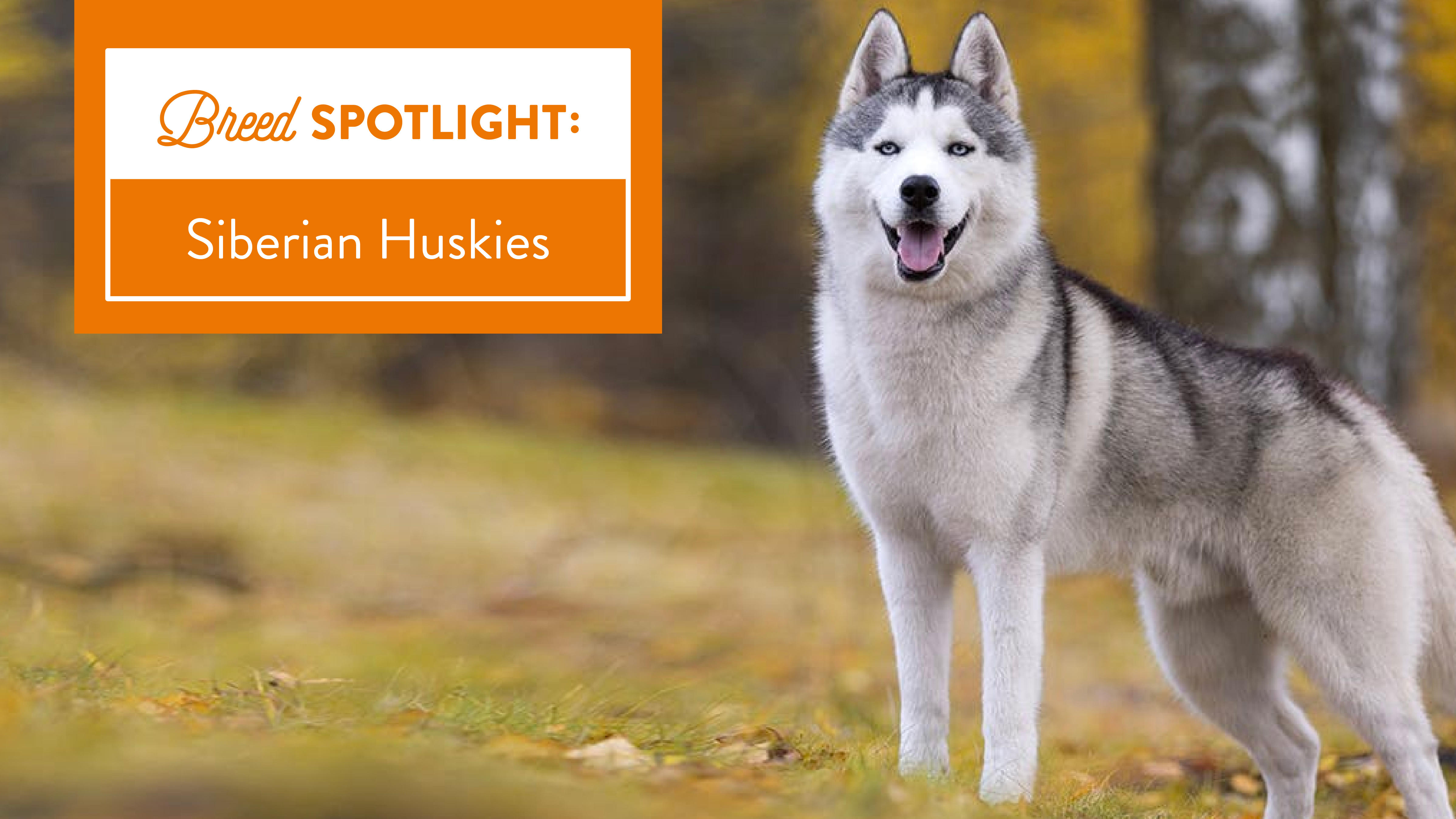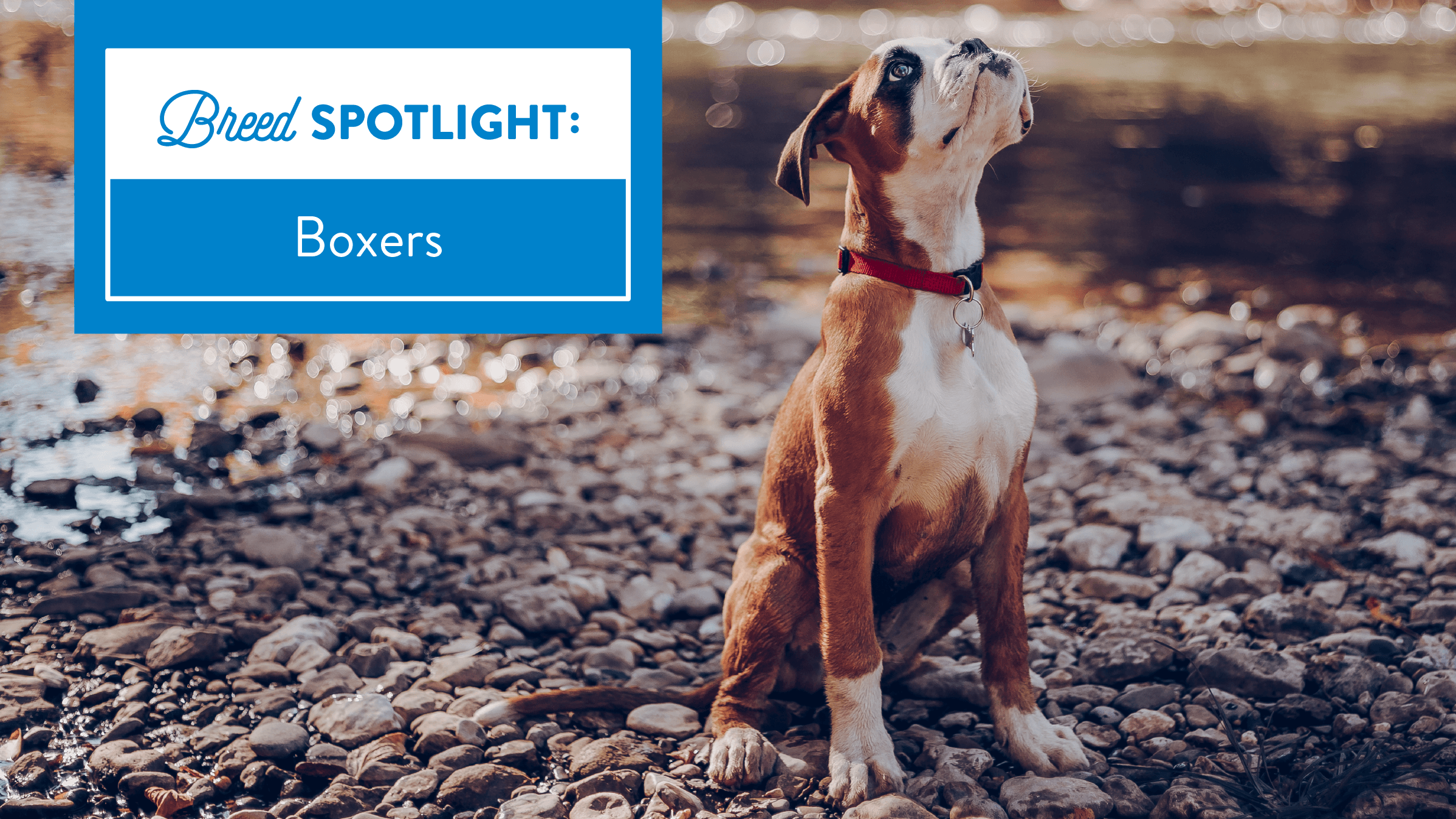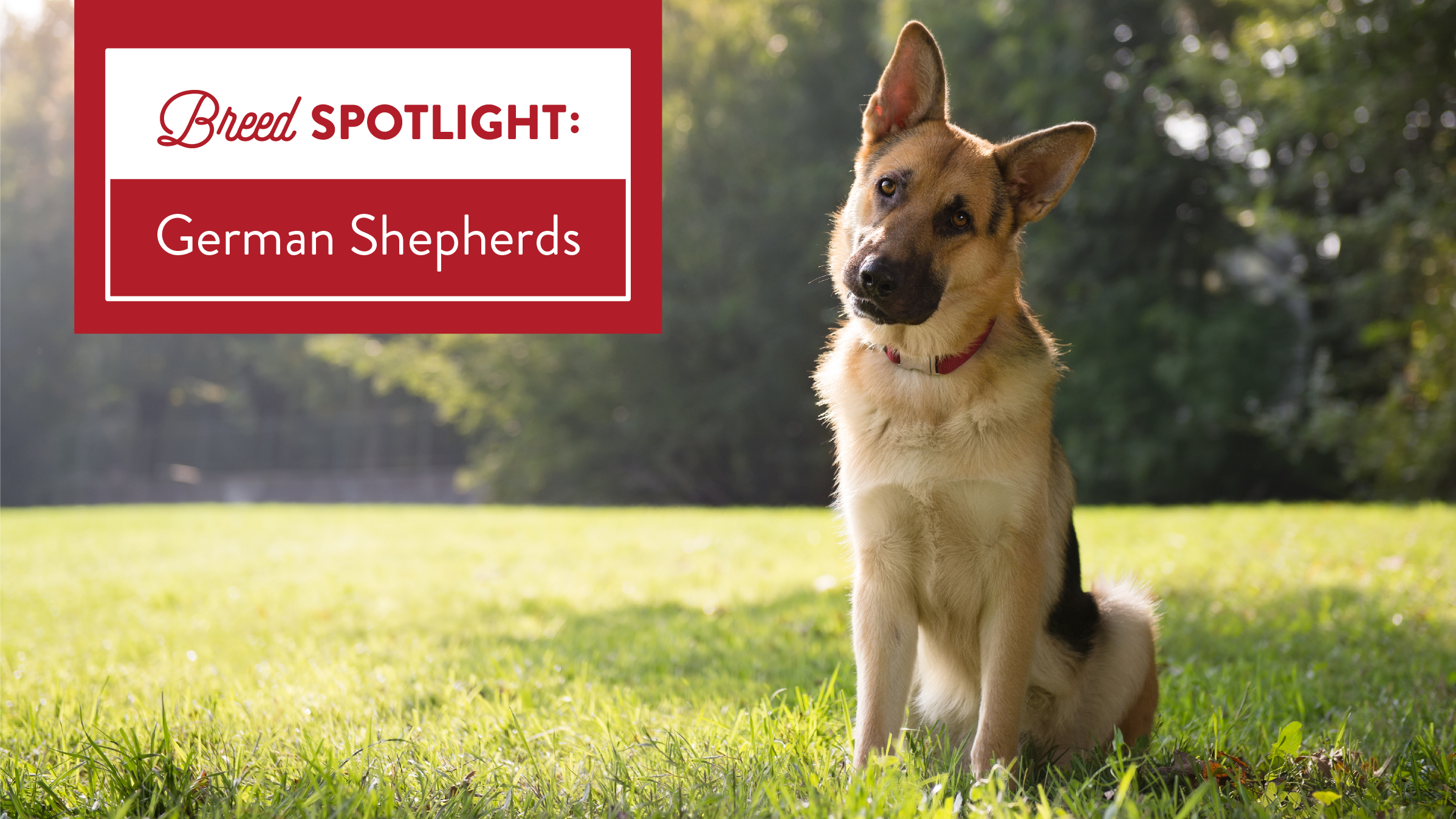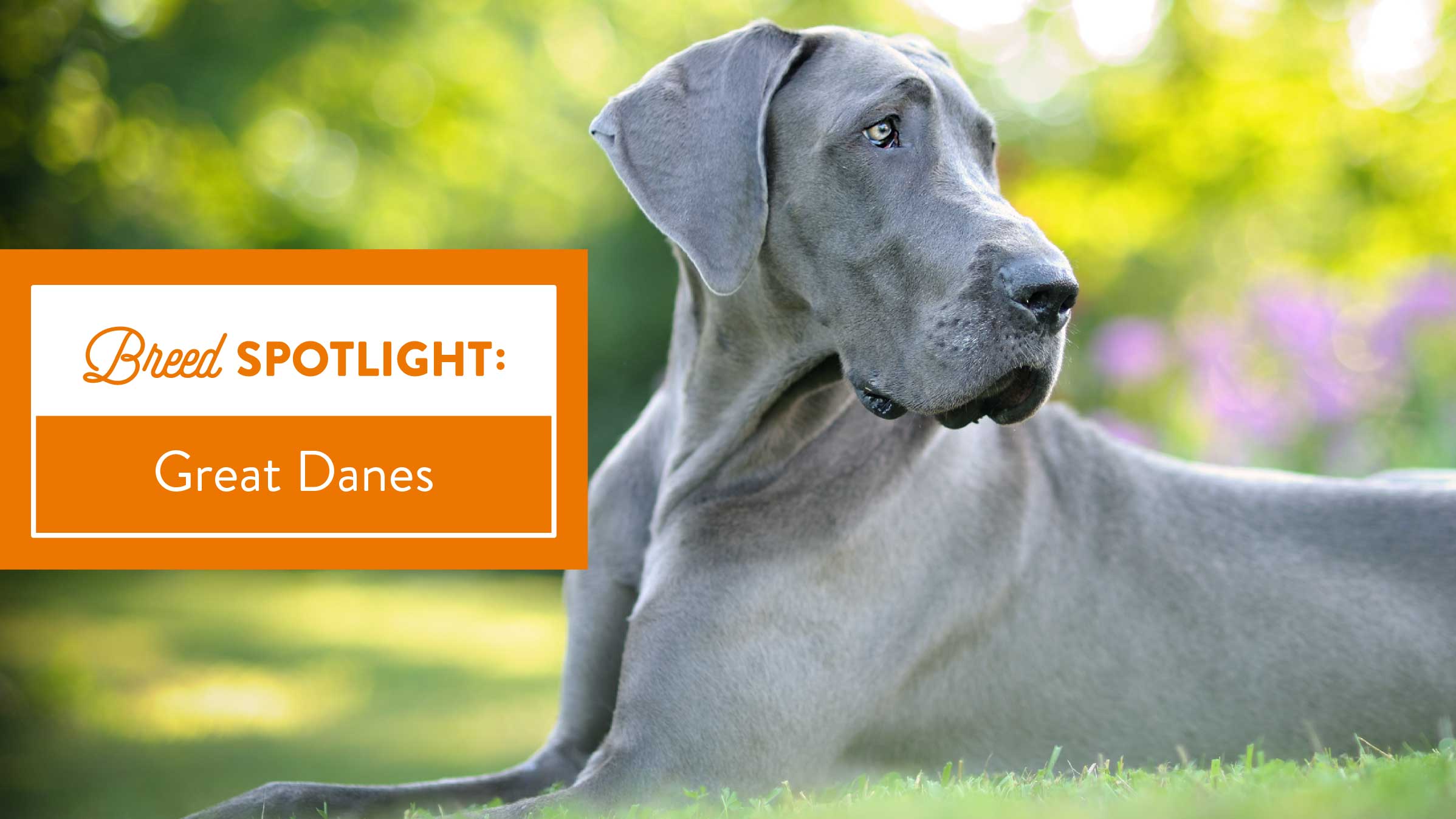Siberian Huskies might be best known for their role as sled dogs, with their thick fur and ability to run for long distances. In fact, one of the most famous and honored dogs in history, Balto, was a Siberian Husky who led the final leg of a 658-mile journey to rush a lifesaving serum to Nome, Alaska, to treat an epidemic in 1925. While it is less common for Siberian Huskies to serve as work dogs now, they have become popular pets in North America. They are often recognized for their striking looks, but don’t be fooled, their athletic capabilities, independence and intelligence can make them a challenge for first-time dog owners. If you are looking for an energetic, loving pup and have time to spend training and entertaining a pet, a Siberian Husky may just be the dog for you. Keep reading to learn more.
Temperament
If you are looking for a fierce guard dog, a Husky may not be the best choice. They are known for their welcoming, affectionate personalities and will gladly welcome anyone into your home, including intruders. While they are not ideal for fierce protection, they do well with children and other dogs, without needing constant attention from their owner. They are also extremely athletic and intelligent. However, when choosing a Husky as a pet, many owners are unaware of their more difficult personality traits. They are not overly eager to please their owners and are extremely difficult to train, which is why they are best for more experienced owners who are dedicated to training and can deliver consistency. Additionally, they are known for being escape artists. They will wander away when given the chance, which is why it is crucial to keep them in secure areas when outside. Although they have some challenging qualities, when properly trained, they make wonderful companions.
Health
Siberian Huskies are fairly large, with males standing up to 23 inches in height and weighing between 45 and 60 pounds and females averaging 22 inches in height and weighing 35 to 50 pounds. As with most breeds, they are generally healthy but are prone to certain health conditions, especially conditions associated with vision. Some things to look out for include cataracts, corneal dystrophy and progressive retinal atrophy (PRA). When looking at adopting or purchasing a Husky, you should look for health clearances that prove the dog has been tested for and cleared of particular conditions.
Trainability
A Husky’s independence can pose problems when it comes to training. Like all breeds, a Husky will benefit from early socialization and obedience training. While it is certainly possible to train a Husky, it may require some patience and consistency, as Huskies can be stubborn and harder to train than other breeds. Leash training is also a must for this breed, because they are known for their ability to escape and are prone to run off. Once trained, Huskies do well in most environments and make great pets.
Exercise Needs
Huskies are very active, athletic dogs who need a lot of exercise. Regular exercise is important for physical and mental health and doing activities with your pup will help strengthen your bond. As sled dogs, Huskies were bred to run and are known for their agility. While they need some space to play, they are also very adaptable and can thrive in cities with daily walks or dog park outings. The more exercise your Husky gets, the less pent-up energy he will have to cause mischief.
If you are looking for an energetic, lovable dog and have the time to dedicate to training, a Siberian Husky could be a great option for you. With a little attention and love, Huskies can thrive, making them great companions.



